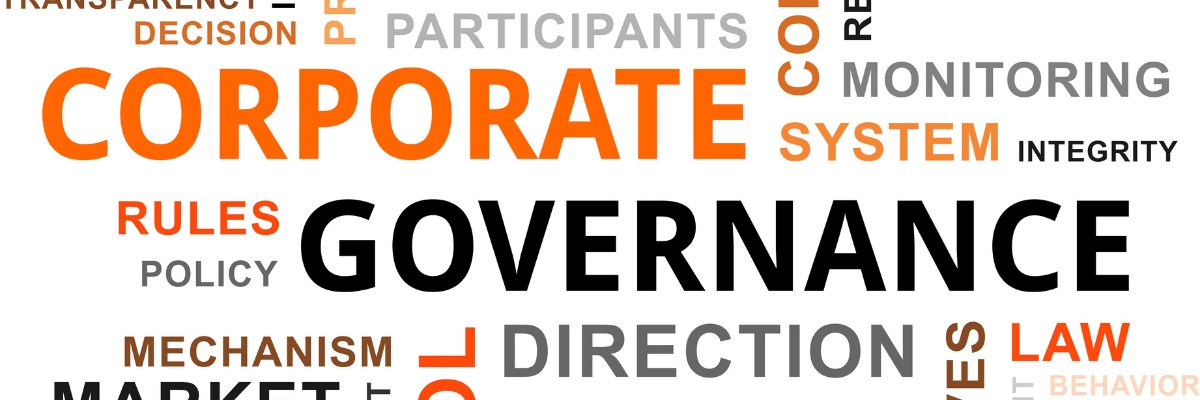In today’s interconnected and rapidly evolving business landscape, corporate governance plays a pivotal role in shaping the ethical practices of companies. It encompasses the structures, processes, and policies that guide decision-making, accountability, and transparency within organizations. Effective corporate governance is vital not only for maintaining stakeholder trust but also for fostering sustainable long-term growth. This article delves into the importance of corporate governance in ensuring ethical practices in business and examines key elements that contribute to its success.
The Significance of Ethical Practices
Ethical practices serve as the bedrock of sustainable business operations, and they are crucial for several reasons. Firstly, ethical behavior enhances a company’s reputation and credibility, attracting investors, customers, and talented employees. Businesses with a strong commitment to ethical practices are more likely to gain the trust and loyalty of their stakeholders, leading to long-term financial success. Secondly, ethical conduct minimizes legal and regulatory risks, protecting organizations from reputational damage, fines, and other legal consequences. Moreover, it fosters a positive work environment, boosting employee morale and productivity.
Corporate Governance as a Driver of Ethical Practices
Corporate governance serves as a guiding framework that influences the ethical conduct of businesses. It ensures that organizations have effective oversight, decision-making processes, and accountability mechanisms in place to promote responsible behavior. Here are some key ways in which corporate governance drives ethical practices:
Board of Directors
The board of directors, as the governing body of a company, plays a central role in setting the tone for ethical practices. They are responsible for formulating and implementing corporate governance policies, including codes of conduct and ethical guidelines. A diverse and independent board that represents the interests of various stakeholders can provide effective oversight and ensure ethical decision-making.
Transparency and Accountability
Transparency is a cornerstone of good corporate governance. Companies must provide accurate and timely information to stakeholders, including financial reports, corporate social responsibility initiatives, and risk assessments. Transparent reporting promotes accountability and helps prevent unethical behavior by allowing stakeholders to monitor and evaluate a company’s actions.
Stakeholder Engagement
Corporate governance encourages meaningful engagement with stakeholders, including shareholders, employees, customers, suppliers, and the local community. Engaging with stakeholders enables companies to understand their expectations, concerns, and values, leading to more ethical decision-making. It also promotes inclusivity and fosters long-term relationships built on trust.
Internal Control Systems
Effective internal control systems are essential for preventing unethical practices such as fraud, corruption, and conflicts of interest. Corporate governance ensures that companies establish robust control mechanisms, including segregation of duties, internal audits, and risk management frameworks. These systems provide checks and balances to minimize the risk of unethical behavior and promote integrity within organizations.
Compensation and Incentives
Corporate governance frameworks address the issue of executive compensation and incentives. By linking executive remuneration to long-term performance and ethical behavior, companies can discourage short-termism and unethical practices driven by personal gain. Properly designed compensation structures align the interests of executives with the company’s long-term success and encourage responsible decision-making.
Challenges in Ensuring Ethical Practices
While corporate governance is instrumental in promoting ethical practices, several challenges must be addressed to ensure its effectiveness:
Regulatory Compliance
Adhering to complex and evolving regulatory frameworks can be a challenge for businesses. Corporate governance needs to keep pace with changing regulations and ensure that organizations remain in compliance. Regular assessments and updates to governance practices are necessary to mitigate legal and regulatory risks.
Cultural Transformation
Instilling an ethical culture within an organization requires a collective effort. Companies must invest in training programs, communication initiatives, and awareness campaigns to foster an ethical mindset among employees at all levels. Cultural transformation takes time and consistent reinforcement to become embedded in an organization’s DNA.
Globalization and Diversity
Companies operating in multiple jurisdictions face the challenge of adhering to different legal and cultural norms. Corporate governance practices need to consider the diverse environments in which companies operate and adapt to ensure consistent ethical practices throughout the organization.
Technological Advancements
Rapid advancements in technology introduce new ethical challenges for businesses. Issues such as data privacy, cybersecurity, and the responsible use of artificial intelligence require careful consideration within corporate governance frameworks.
Corporate governance serves as a crucial mechanism for ensuring ethical practices in business. Establishing a framework of accountability, transparency, and oversight, promotes responsible decision-making, enhances stakeholder trust, and drives long-term sustainability. While challenges exist, companies that prioritize ethical behavior and adopt robust corporate governance practices are better equipped to navigate the complexities of the modern business landscape and build a reputation for integrity and excellence.



